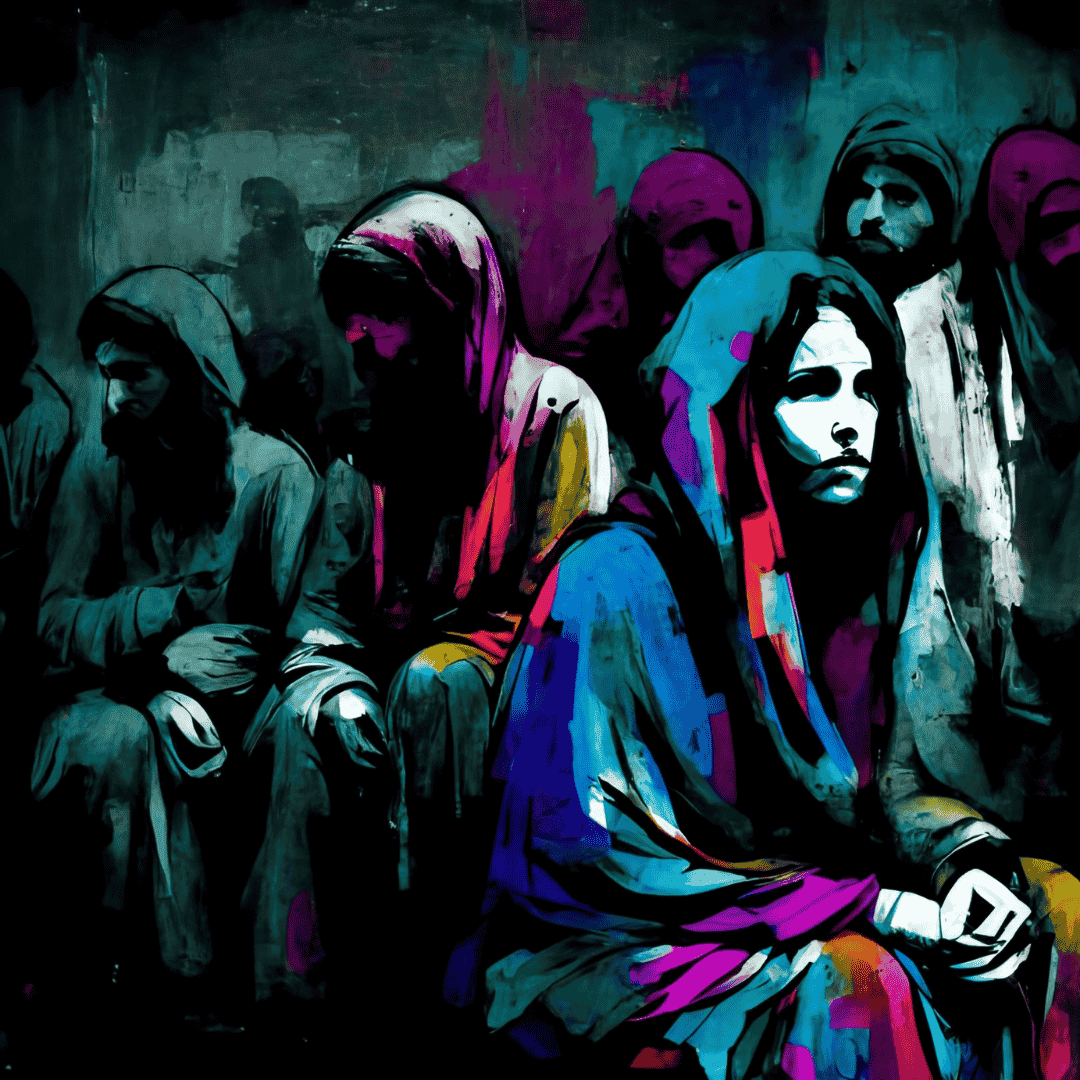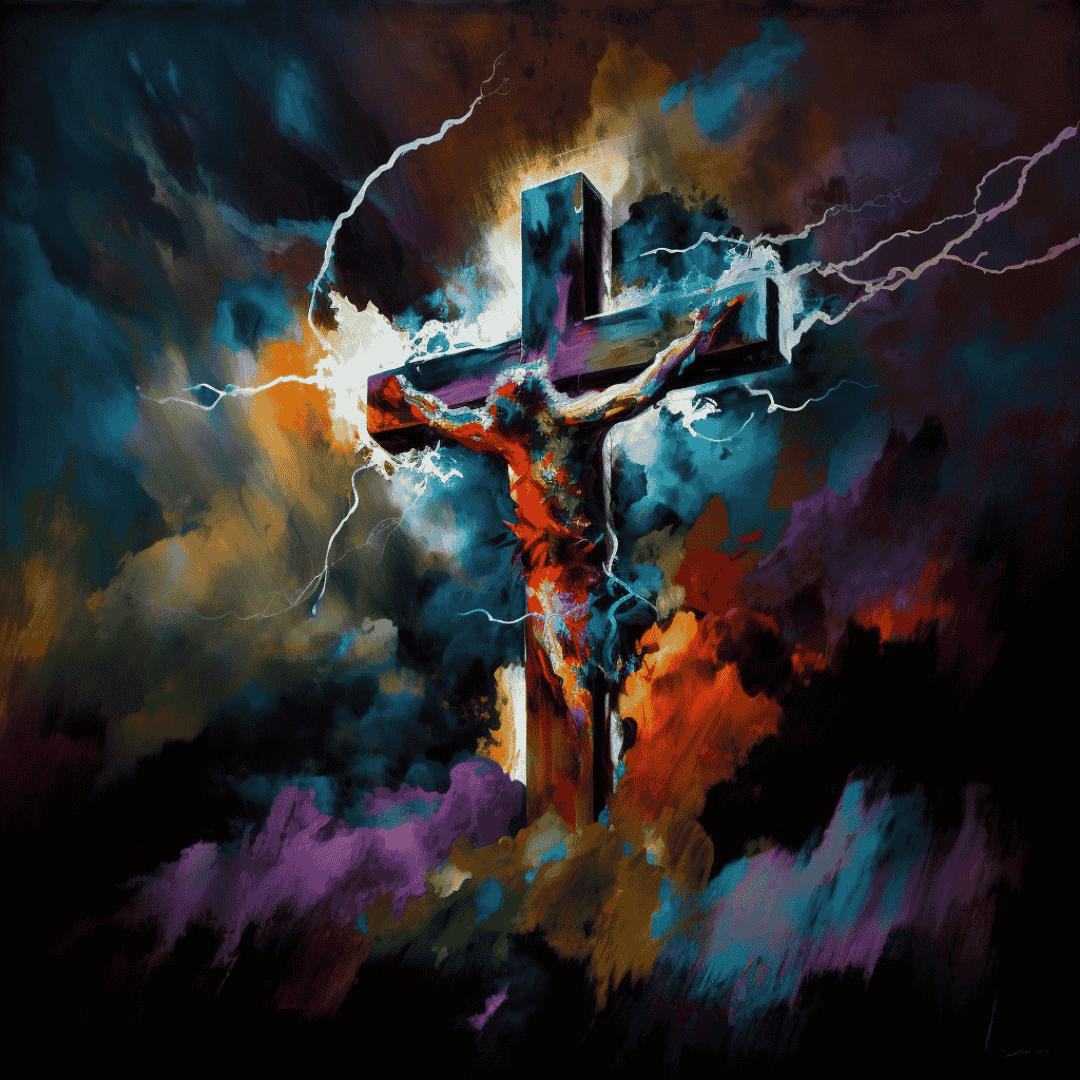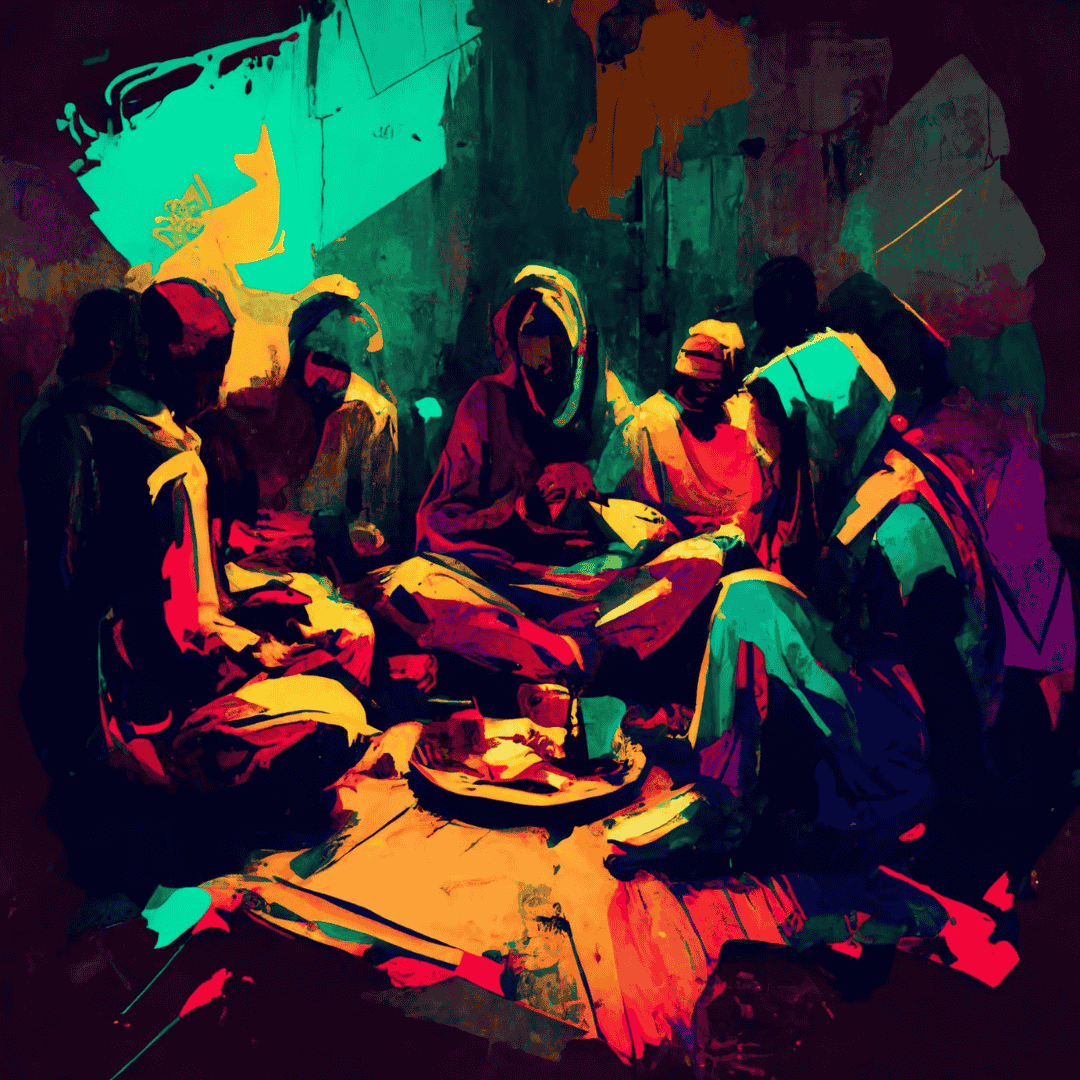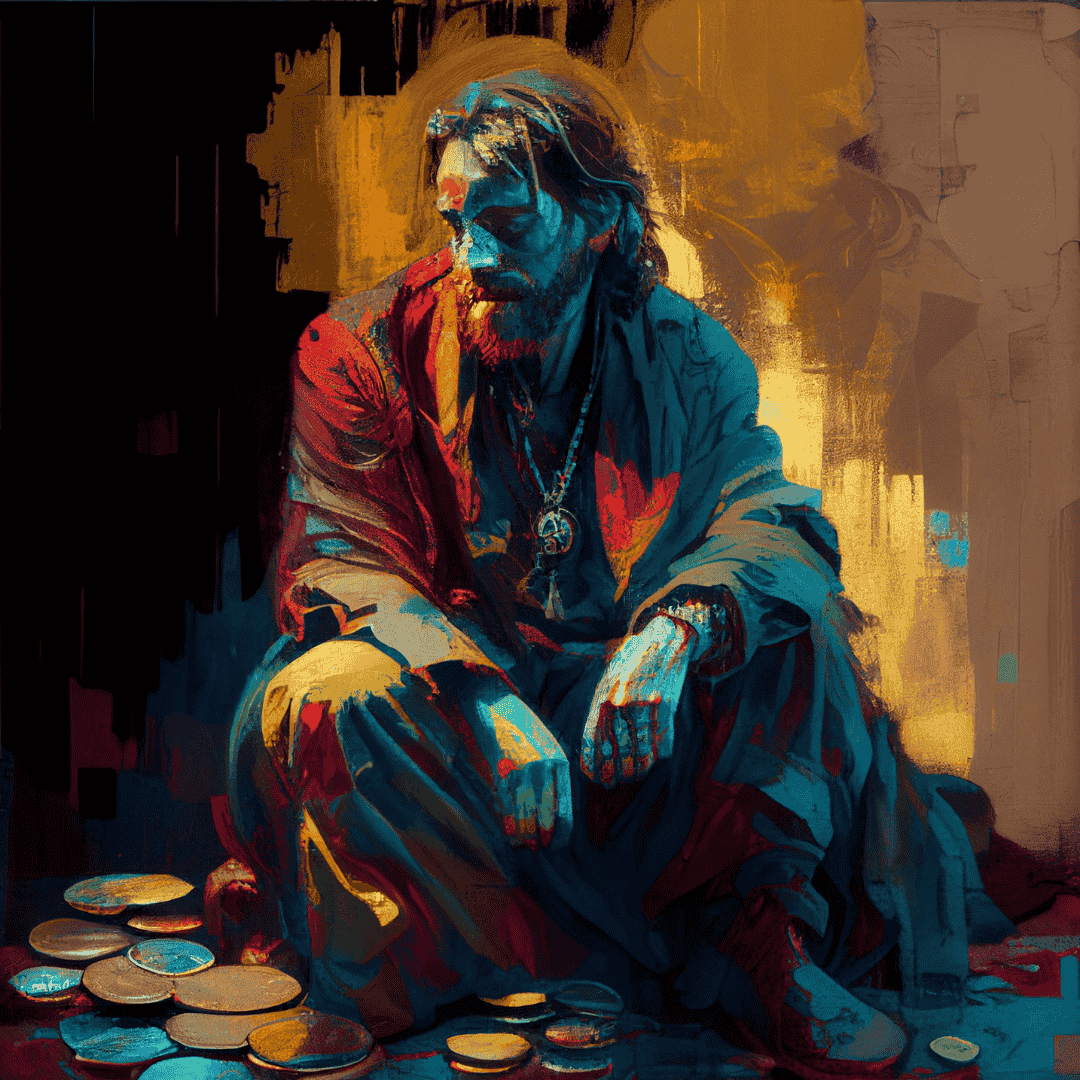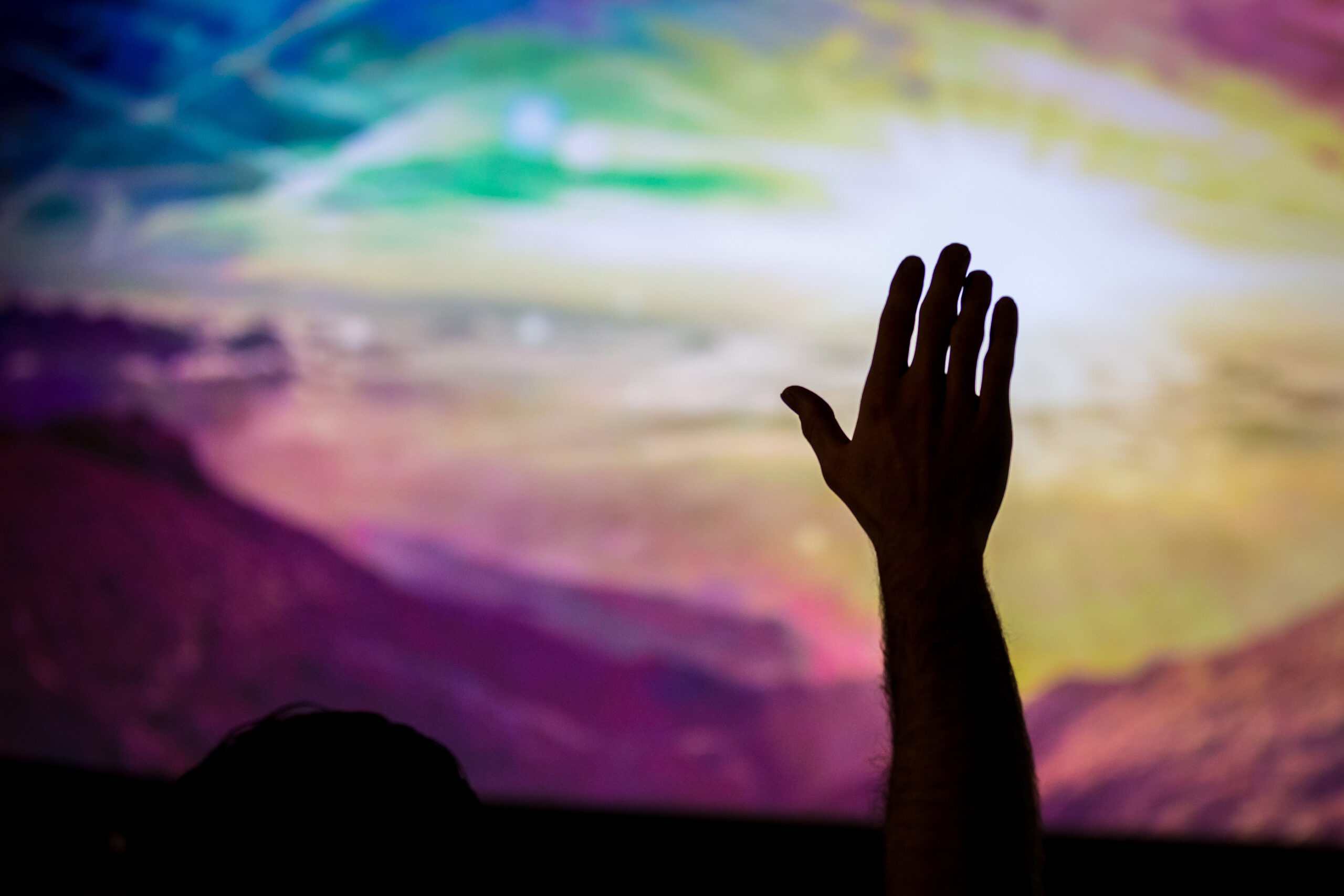
By Larry Doornbos
October 3, 2023I believe in God. I’m not a religious fanatic. I can’t remember the last time I went to church. My faith has carried me a long way. It’s Sheilaism. Just my own little voice … It’s just trying to love yourself and be gentle with yourself. You know, I guess, take care of each other. I think He would want us to take care of each other.
Habits of the Heart Robert Bellah
Hope is becoming harder and harder to grab onto (see Death of Hope part 1 and part 2). Even though it is harder to hold hope, people still look for hope, long for hope, and imagine there is a pathway to hope and hopefulness.
Robert Bellah, in 1985, noted the pathway to hope many are taking the creation of one’s own religion. Tara Isabella Burton in Strange Rites calls this move bespoke religion. In the world of bespoke religion, there are instructions on the internet on how to create your own religion.
In a world where we increasingly hear about the “nones,” Burton reveals that it is religion with its
- creeds that command adherence
- institutions that call forth a level of conformity
- truth-claims about God that tell us just who God is and how we are to conceive of God
- Inflexibility to mix and match faith pathways according to one’s desires
that is being rejected, while a personal spirituality is being embraced and molded by
- rituals that bring meaning
- a community to share those rituals with
- places that speak of enchantment and wonder
- feeding a hunger for something more
Burton writes,
Americans envision themselves as creators of their own bespoke religions, mixing and matching spiritual and aesthetic and experiential and philosophical traditions. The Remixed hunger for the same things human beings have always longed for: a sense of meaning in the world and personal purpose within that meaning, a community to share that experience with, and rituals to bring the power of that experience into achievable, everyday life. Today’s Remixed demand to rewrite their own scripts about how the universe and human beings operate. Strange Rites p. 10
The nones (and many others) aren’t rejecting religion; instead, they demand that they define the terms and design the path that leads to hope. They are still looking for ways of experiencing blessing, confessing their sins, and, yes, finding forgiveness.
Defining these terms leaves much of this spirituality outside the realm of the Christian imagination of blessing, confessing, and what one needs forgiveness for. Here, sin is defined as not being subversive, powerful, or committed enough to technology or many other things Burton will discuss in Strange Rites (keep following these posts more).
But wherever people are, Burton points us toward a haunting of the heart (Charles Taylor’s “cross pressure” see How Not to be Secular p. 140) when she ends her introduction with these words,
…this book is about the hunger and hope that I felt that first night at the McKittrick. It is about Americans who don’t know if this is all there is, or what all means, or there, or even is. It is about our quest for knowing, for belonging, and for meaning: the pilgrimage none of us can get out of. (Page 13)
